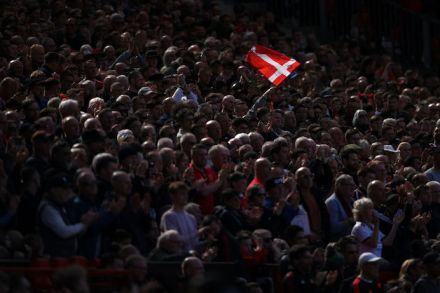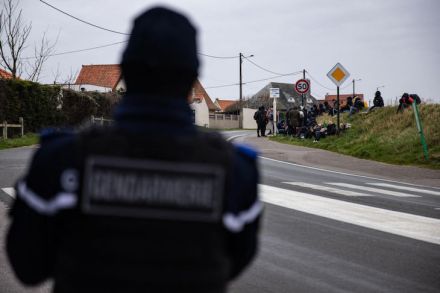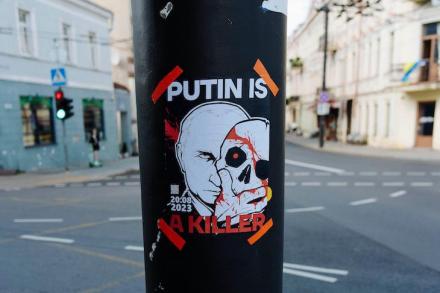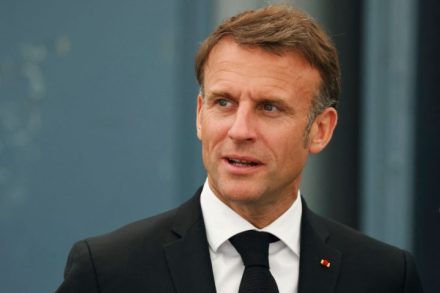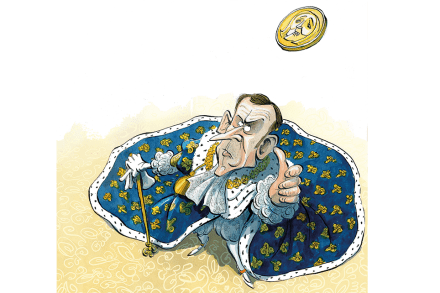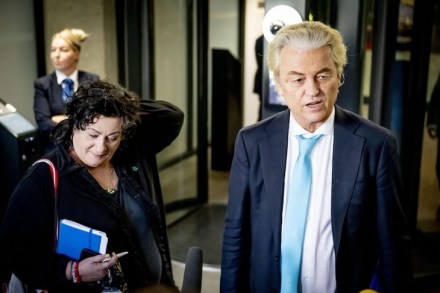A Danish lesson for Labour in how to revive Britain’s economy
The coincidence of the 2024 general election and the Euro 2024 football tournament is a great lesson in the myopia of Westminster and its creatures. Somewhere, deep in our hearts, we do know that the vast majority of people in Britain (OK, England and Scotland) are far more interested in the football than in the ups and downs of the campaign. But does that stop us fixating on the minutiae of that campaign? Not at all: for political nerds, this is our championship, after all, one of those (quite) rare moments when all the stars, all the heroes and villains, are on the pitch together, generally kicking lumps out of each
